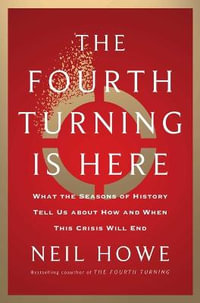"Big Data, Surveillance, and Crisis Management" represents an urgently needed and profoundly relevant contribution to the emerging body of scholarship about the role data and information technologies now play in how crises now unfold and how we respond to them. The voices in this volume are at the front lines of both practice and research in the multiple, interconnected fields that comprise the area of crisis informatics. We would do well to carefully and closely listen to what they are saying about how digital data is changing an already volatile world. Dr. Nathaniel Raymond, Director Signal Program on Human Security and Technology, Harvard Humanitarian Initiative (HHI) of the Harvard T.I. Chan School of Public Health.
Kees Boersma and Chiara Fonio undertake a major challenge in their edited book, "Big Data, Surveillance, and Crisis Management", in addressing both the positive and negative aspects of integrating the increasing amounts of digital data available from diverse sources into crisis management. On the positive side, advanced technologies provide access to many more sources of information about an emerging event in near-real time. On the negative side, this same access may compromise rights of privacy and lead to hasty judgments from unverified sources. The authors address this challenge of credibility by examining both the design and use of algorithms to mine the range of data sources and the uses of these methods of analysis in actual crisis situations. This problem warrants serious consideration, and the editors and their co-authors in this thoughtful book present a timely assessment. Louise K. Comfort, Professor of Public and International Affairs and Director, Center for Disaster Management, University of Pittsburgh
This volume brings together two central concerns of our time - big data and crisis management - to provide us with crucial ways of thinking about our changing information environment. It provides a thoughtful and sophisticated exploration of both the potentials and pitfalls of data collection that will be of interest to a range of fields including data ethics, crisis management, and surveillance studies. The issues it explores are only likely to become more pressing with the passage of time, the development of the technology, and the direction in which the world seems to be headed. Mark Andrejevic, Professor of Media Studies Pomona College, Monash University.
This volume is essential reading for everybody engaged in the humanitarian sector. Building on the vast potential of new uses of information, social media and big data in humanitarian responses, the book systematically raises the pitfalls, dilemmas and ethical issues related to the use of big data in crisis response. Dorothea Hilhorst, professor of humanitarian aid and reconstruction at the International Institute of Social Studies of Erasmus University Rotterdam.
























